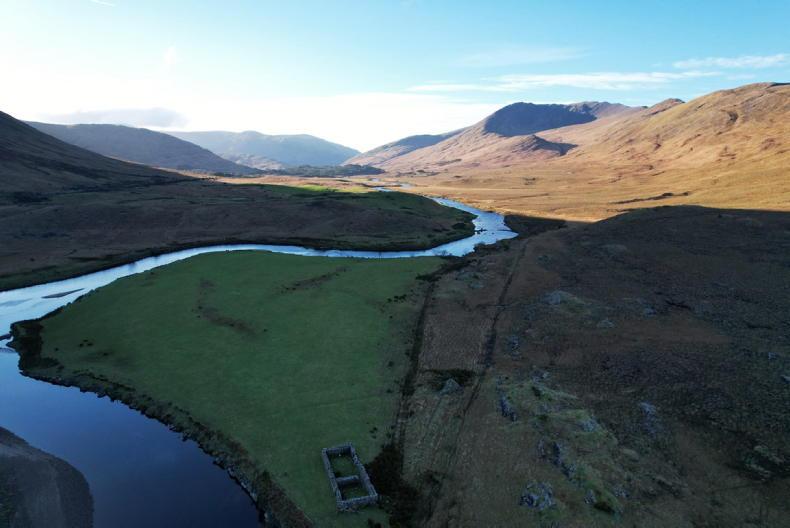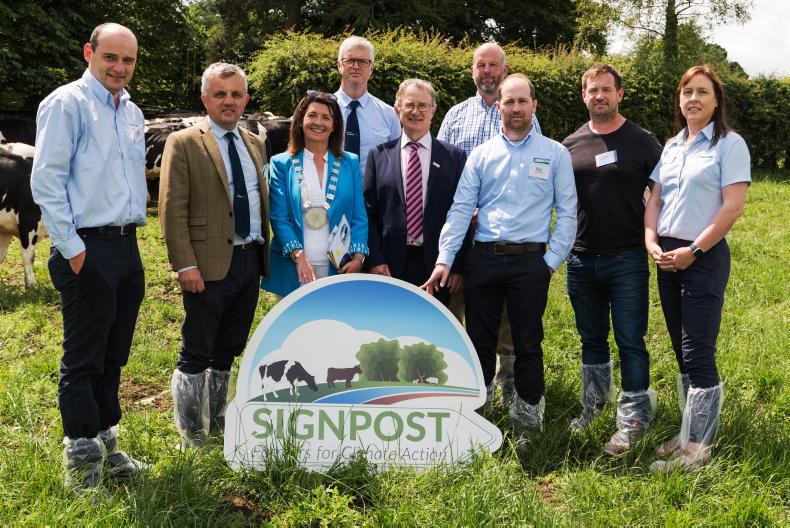The Society of Irish Foresters was founded in 1942 but there was nothing historical in the approach of the huge crowd that turned up for their conference last week.
It’s not that unusual for there to be farmer frustration at these kinds of large producer meetings but this level of discontent was on a different scale.
Minister Pippa Hackett promised that a new forest strategy was on the way, with an announcement on grants and premium rates due out within the next few weeks and a public consultation opening up on the forest strategy for 2023 - 2030.
The main thing I took from Minister Hackett’s address was that they were constrained by EU law and that it was simplistic to regard forestry as the equivalent of just another crop, though she added there were 6,000 ha with permits for planting.
Judging by the contributions she won’t be short of suggestions. The most basic was the utter disillusionment expressed by those badly affected by ash dieback.
This has been incredibly tough on those affected. While it may have been caused by the importation of infected material, nobody has been held accountable and serious losses have been incurred with no proper compensation scheme.
Unfairness
Many complained of the unfairness of being denied access to the carbon value of what their forest was sequestering.
We were told that the Department wants owners to benefit from the carbon they sequester and that a policy is being developed but it’s not here yet.
Just how important carbon sequestration income could be was spelled out by Prof Cathal O’Donoghue of University College Galway who said that with carbon valued at a modest €35/t, the income would surpass beef.
At €100/t it would pass out dairying and, if we got to 18% forest cover (at present we are at 11%) then we would be carbon neutral.
As a rough rule of thumb, he gave a figure of 1ha of forestry offsetting the emissions of 3.8 livestock units. But none of this hid the utter frustration of dealing with planning and licensing delays with no compensation, even if a felling application is denied.
Dr Olive Leavy of Westmeath spoke of the need for financial viability as well as education and political support for the sector, but she also raised the question of how vulnerable to diseases and pests of various kinds are plantations of a single type of tree.
Whether it is ash dieback or bark beetle of pine or spruce, there are too many instances of problems in countries as far apart as Germany and Canada.








SHARING OPTIONS